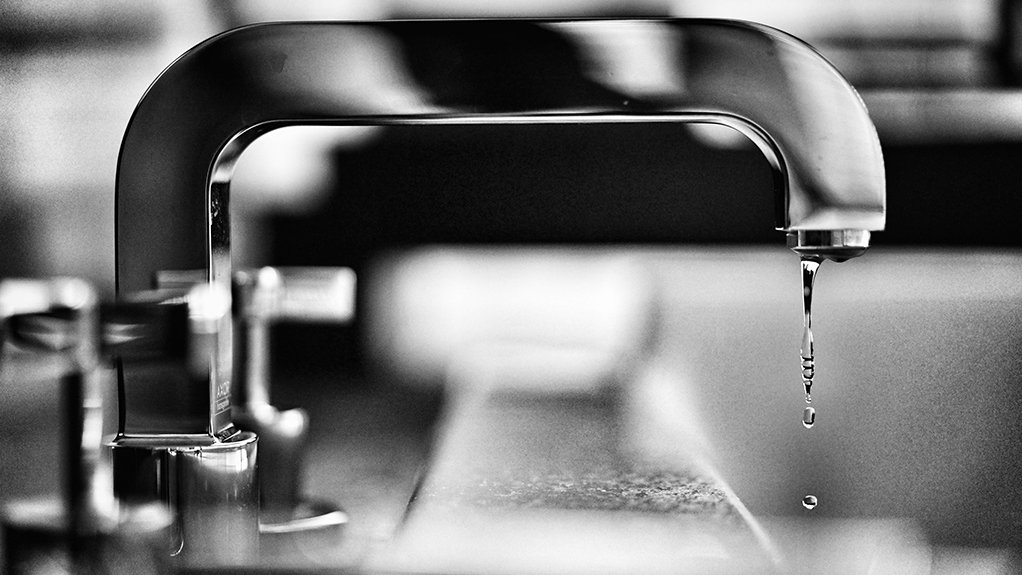In her latest weekly newsletter, published on March 18, Business Leadership South Africa (BLSA) CEO Busi Mavuso addresses the major challenge of local government’s mismanagement of water infrastructure, which is leading to an increase in water shortages and questionable water quality.
It appears that the water crisis is growing, although it is difficult to determine the full extent of delivery failure in South Africa, since the degree to which municipalities are meeting their constitutional duty to provide water varies widely, she states.
Mavuso says it is not just the 257 municipalities in the country that should be held responsible, but also the provincial and national government entities that are mandated to monitor and oversee the provision of water.
These entities are supposed to strengthen and support the capacity of municipalities to manage their affairs and service delivery, and assume the responsibility of water delivery when a municipality is incapable of doing so.
Mavuso says the Blue Drop Audit Report, which was released by the Department of Water and Sanitation last year, is meant to ensure accountability of those that provide water services but the situation is dire.
She cites the report as saying that nearly half of the country’s drinkable water poses acute health risks owing to bacteria and pathogens.
This while more than two-thirds of water treatment plants are close to failure.
Additionally, almost half of all treated water is lost through leaks that are simply not accounted for.
Only 26 of the country’s 958 water supply systems currently meet the Blue Drop certification level for high-quality water.
The report also highlights a serious skills shortage across the system, with at least an additional 203 technical staff and 197 scientists being needed.
Mavuso says many stakeholders in the private sector have committed to assisting local governments in this regard, with businesses often sending their own staff to support maintenance and repair activities.
For example, BLSA partnered with the United States Agency for International Development and the National Business Initiative in 2022 to help identify and repair water leaks in 72 schools in Nelson Mandela Bay, in the Eastern Cape.
However, the onus is ultimately on national government to ensure that water services are effectively provided.
Mavuso notes that there has been progress on the bulk water side, with legislation now making progress to establish a National Water Resource Infrastructure Agency that will be able to raise commercial finance and partner with the private sector to deliver bulk water infrastructure.
“Nonetheless, more must be done on the final service delivery front to ensure failing municipalities are turned around. Deputy President Paul Mashatile last week announced his chairing of a war room to respond rapidly to delivery failure at municipalities, however, this does not fix the problem in the long term,” Mavuso explains.
She adds that there needs to be development of skills in municipalities to enable them to proactively manage and maintain water systems.
Mavuso says BLSA remains eager to partner with local government to enable such skills development through mentoring schemes.
EMAIL THIS ARTICLE SAVE THIS ARTICLE ARTICLE ENQUIRY
To subscribe email subscriptions@creamermedia.co.za or click here
To advertise email advertising@creamermedia.co.za or click here











